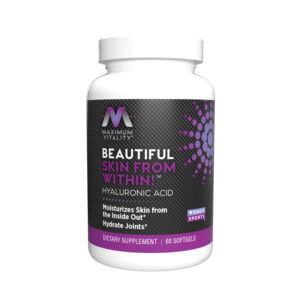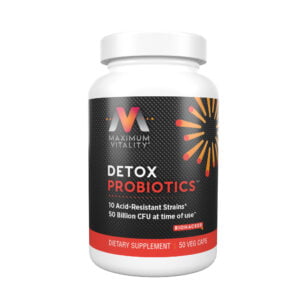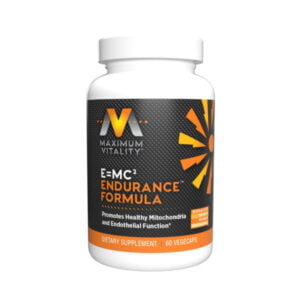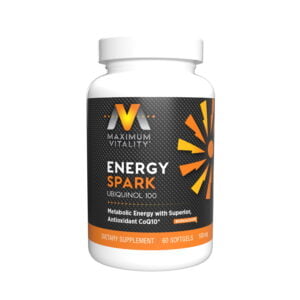Nutraceuticals, Pharmaceuticals, Cosmeceuticals are all fancy names for nutritional supplements, prescription drugs, and cosmetics.
Nutraceuticals has various definitions, such as an umbrella term that is used to describe any product derived from a food source that has some enhanced or claimed benefit, such as concentration, purity, or formulation with other components. It is taken orally for a targeted health benefit. Dietary supplements and nutritional supplements are nutraceuticals.


Nutraceuticals include anything from individual vitamins, minerals, herbs, oils (such as from fish), to multivitamins, to targeted dietary supplements, to CBD (cannabinoids), to bacteria presented as probiotics, to fiber, to protein, or any combination of them.
Nutraceuticals also include synthetic versions of the above, such as when a pharmaceutical company makes a multivitamin from synthetic ingredients, like Centrum from Pfizer, the world’s largest pharmaceutical company. This is an example of a pharmaceutical grade nutraceutical, where purity is guaranteed because all the components are produced in the lab.
In the U.S. and throughout the world, nutraceuticals are highly regulated. From sourcing of raw material, to storage, to production, bottling, testing, and labeling, record keeping, testing for environmental contaminants and active ingredients is required at almost every step. About one thousand pages of regulations are published by the US FDA in CFR 21 (Code of Federal Regulations), defining the above processes, as well as labeling, claims that can be made on the label and in literature. Thousands more pages of interpretations of those regulations exist. Every manufacturer is required to follow these regulations and have an independent/outside company review their quality processes. The FDA actively monitors production facilities and marketing practices on the internet, at trade shows, conferences, and where products are sold retail.
It is in the best interest of pharmaceutical (drug) companies to say that nutraceuticals are unregulated. This information is often repeated by conventional physicians and the press.
Nutraceutical Marketing Confusion
Some companies mix up these categories for marketing purposes. For example, a company will say their nutritional supplement is pharmaceutical grade. To me, this means that their dietary supplement is as close to synthetic as possible. The goal of a pharmaceutical is to make the molecules in the drug as pure as possible. This allows them to try to control the side effects of their medication which is unnatural to the body. However, with food and dietary supplements, we believe the food and nutraceuticals should be as close to what mother nature creates as possible. Thus, a top-quality nutraceutical will ideally have all the cofactors that mother nature provides in the plant or other nutrient for it to work best in the body.
Absorption Enhancement, Nanotechnology
Another topic of discussion with nutraceuticals is whether or not the nutrient should be absorption enhanced with nanotechnology or other methods. The first question is whether more is better. The second question is if it is better to breach the body’s natural protective mechanisms with a technology that enables the supplement to pass through cellular membranes uncontrolled by the body’s natural filters. I believe there are no definitive answers to these questions and the answers may differ with each nutrient.
For example, some people have a polymorphism in their genetics which makes it difficult for them to methylate nutrients such as folate. For folate, the fifth step in converting folate to the form utilized in the body is methylation, yielding methylated folate. Some people cannot process this step, so no mater how much folate they take, it is not well utilized in their body. For this rather large segment of the population, we provide methylated folate in our multivitamin. For people who do not have this genetic snip or polymorphism, methylated folate seems to be safe and effective.

Another example is that of curcumin from the spice turmeric. Curcumin is very difficult for everyone to absorb. A number of technologies have been introduced that bind curcumin to various other molecules for enhanced absorption. We have one doctor who has tried many of the expensive new forms of curcumin. He keeps returning to ours because his patients do not get better with the new forms. He believes that our product with pepper fruit extract to help absorption and full spectrum turmeric rhizome (root) so the body receives all the natural cofactors is more effective than a single curcumin molecule enhanced for absorption, but lacking its natural cofactors. His patients tend to do better on our product.
Nutraceutical Claims
Nutraceuticals are not allowed to make medical claims, such as claims that they diagnose, cure, or treat any disease, or the symptoms of any disease. If a medical claim is made by a nutraceutical, then the FDA will deem the product an unapproved drug and request the manufacturer or seller to remove the claims or remove the product from the marketplace.





